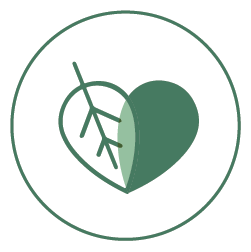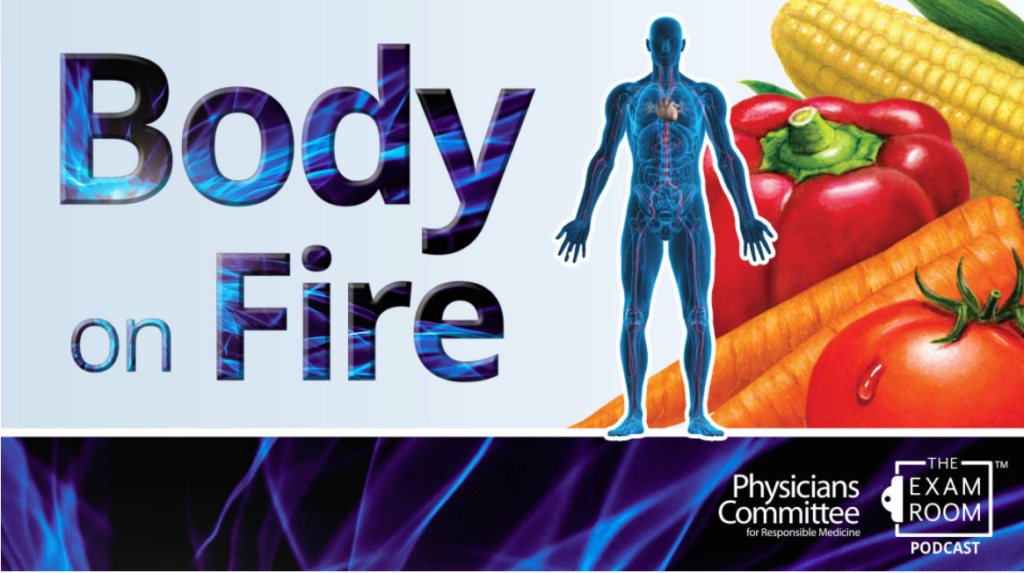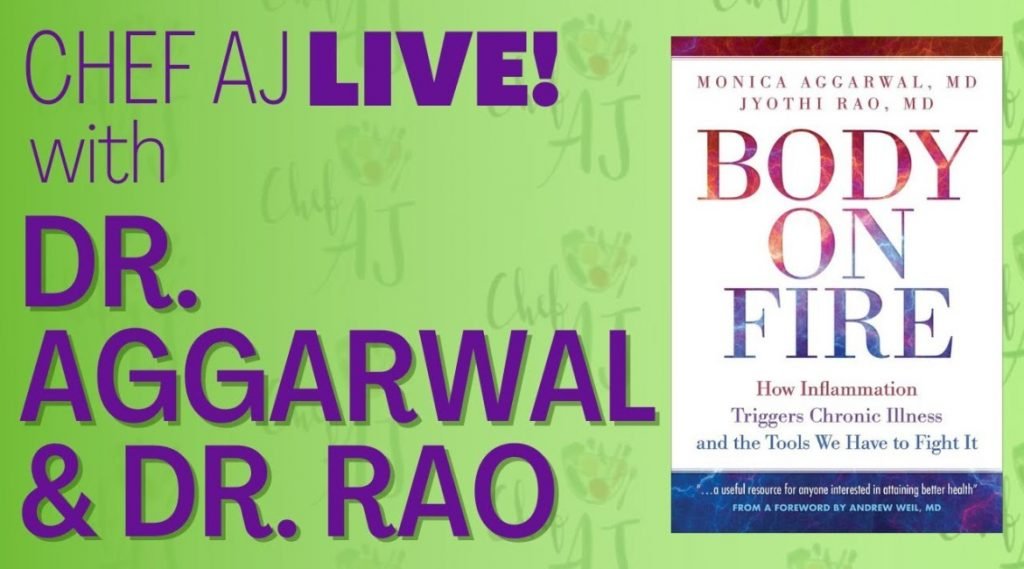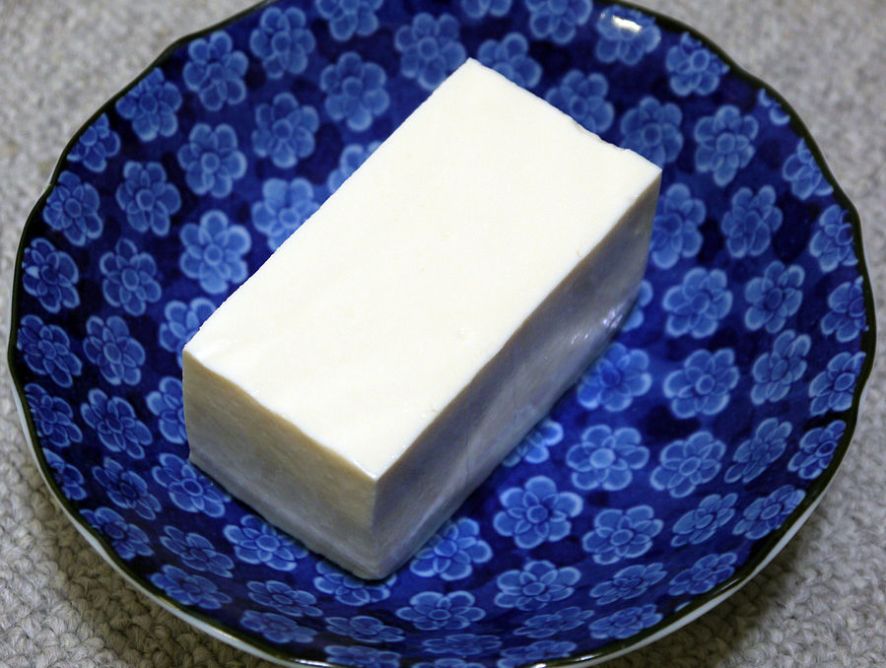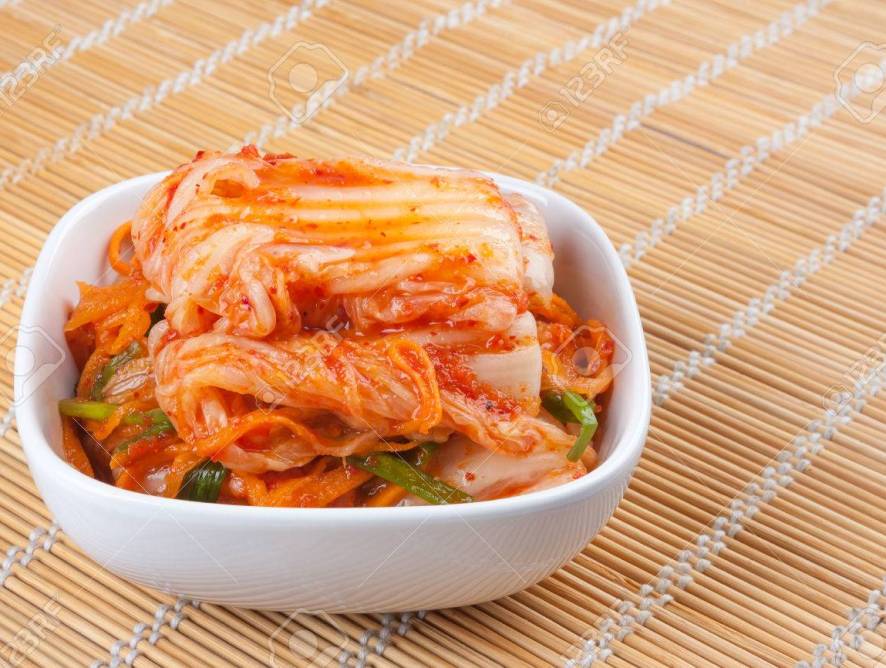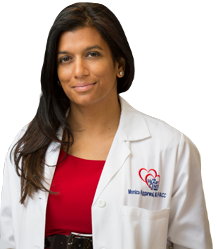This is an update on soy. Still lots of confusion and concern out there.
Bottom LINE: Soy products are okay. There is a significant concern regarding soy and its association with cancer that many people are afraid to it. The data does not pan out.
Consider: Asian countries drink soy milk, eat tofu and soy beans (edamame) abundantly and don’t have a higher incidence of breast cancer. Asian countries do NOT have more breast cancer and in fact have a lower incidence. The Western nations, in fact, are leading the pack.
The Details: Soy has received lots of press lately. There have been small animal studies that have linked high doses of soy protein isolate or isolated isoflavones to increased cancer risk. Soy is metabolized differently in humans from rodents so we can’t compare rodents and humans in this situation. Further, human studies on soy protein isolate have not shown any difference from other soy products. We have seen in study that soy products such as soy milk, soy beans and tofu are of benefit to our bodies. In the US, we use a lot of concentrated forms of soy in our supplements and energy bars: a different way to eat soy. While they have not been shown to be of harm, more studies on these highly concentrated/processed soy products are needed.
Soy is full of isoflavones which are natural estrogens. While are estrogens, they appear to have an anti-estrogen effect where they prevent the natural estrogens from binding to the receptors (a good thing). They also have anti-oxidant and anti-inflammatory effects. They stop the formation of estrogen in fat tissue (recall obese patients have more breast cancer than thing patients) and they bind to the estrogen proteins which is another way it prevents estrogen from binding to a receptor. Studies on Asian women who eat soy the most isoflavones (compared to the least abundant eaters) had a significantly less (29%) risk of developing breast cancers. US studies have not found any bad affects either of eating soy. Studies even on breast cancer survivors have shown no detriment. There is data to suggest soy eaters have less prostate and colon cancers.
SO: eat your soy! Enjoy it, often and much. It is a great source of fulfillment for those who are plant based and a nice alternative for all. Don’t be afraid of it. But eat it from natural sources like our Asian country counterparts: soy milk, tofu, edamame. Don’t take a supplement or powder. Stay away from genetically modified soy. Look for the non-GMO words. Organic will be non-GMO. Be natural!
Wu AH, Yu M, Tseng C-C, Pike MC Epidemiology of soy exposures and breast cancer risk, Br J Cancer. 2008 Jan 15; 98(1): 9–14.
Shu, X. The Journal of the American Medical Association, Dec. 9, 2009; vol 302: pp 2437-2443.

